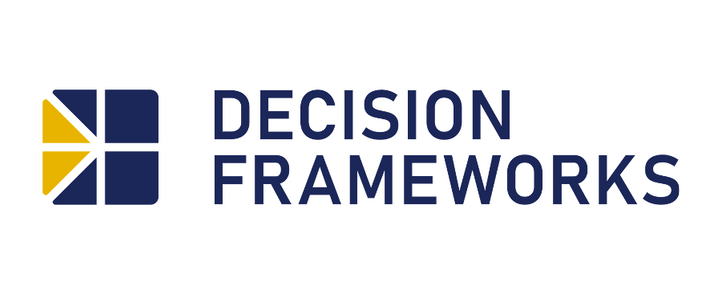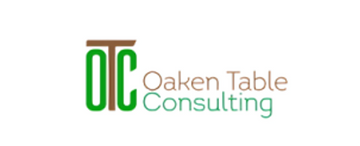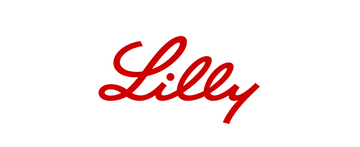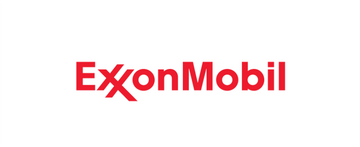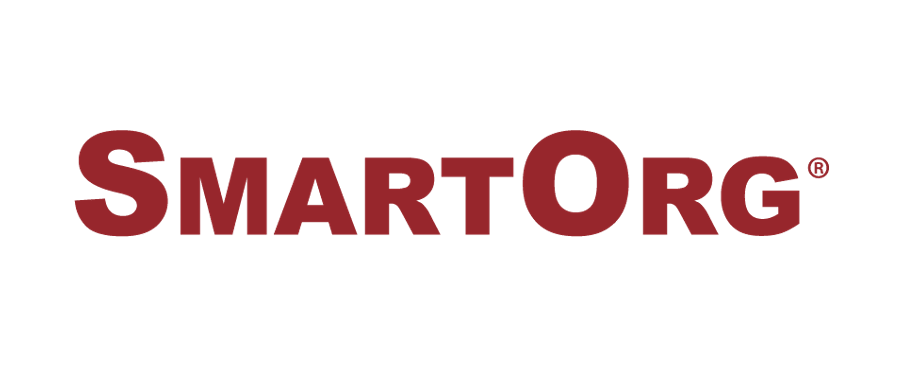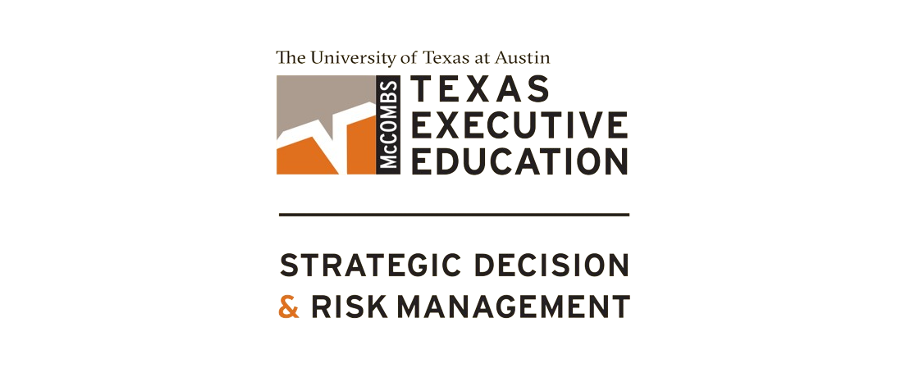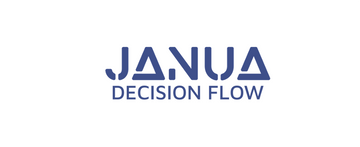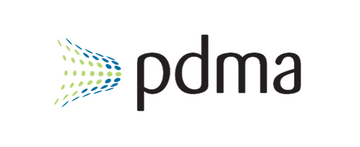Post-Conference Agenda & Speakers
April 19, 2024
The information presented in this publication, including but not limited to the 2024 SDP Annual Conference agenda, is subject to change without prior notice. While every effort has been made to ensure the accuracy and timeliness of the details provided, unforeseen circumstances, scheduling adjustments, or other factors beyond our control may impact the final agenda.
Attendees are advised to regularly check the official conference website, communication channels, and announcements for the most up-to-date information. SDP reserves the right to modify, add, or remove sessions, speakers, or any other aspects of the conference program as deemed necessary.

WHEN THINGS GO WRONG: PROJECT TRIAGE AND RESCUE
April 19, 2024 8am - April 19, 2024 12pm
Workshop Abstract:
Things have become difficult. The project is rapidly coming to an impasse. People are upset and value is being destroyed. Don’t jump. There are ways to rescue a project. We have all been exposed to projects that are or have become problematic. We may be a part of a floundering project. We may have inherited a mess from another facilitator, team, or evil consultant. Maybe problems have developed as the project progressed. In this workshop we will examine and apply a triage-based approach to identifying causes and rescuing projects. We will play out scenarios, examine the varied sources and common angst-fraught issues, and provide tools and techniques to supportively approach endangered, stalled, or threatened projects. We will cover what and how to rescue from the perspective of a team member and that of a facilitator.
First, stop the on-going damage. Issues may arise from within the team, from someplace else within the company or operating entity, or sadly, caused by you or the “application” of your process. In emergency medicine you attack the issue that is going to kill the patient first. We shall do the same for a project. Identify and deal with the most critical (material) issues first. There are several different causal arenas that create blockage, stagnation (analysis paralysis), or disruption (conflict). They may be organizational, objective-conflict based, process-related.
Prevent – Triage – Treat – Support – Prevent.
Prevent (avoid, mitigate,) project failure when we can. Triage problems/threats to success and stop the damage. Treat to solve the prioritized material issues. Establish good project Support and monitor ongoing project health, Preventing further issues. It is not true that you need a crisis to be a hero, but when problems arise, having options and a structured approach at hand can make all the difference. Effective and timely action can provide great benefit as well as being personally satisfying.
This workshop is intended for:
- New/Beginner Decision Practitioners
- Intermediate Decision Practitioners
Instructors:
William "Bill" Haskett (Haskett Consulting International)
Nazlie Azimokor (The University of British Columbia)
HURDLES TO GROWING AND SUSTAINING A DQ ORGANIZATION, AND HOW TO OVERCOME THEM
April 19, 2024 8am - April 19, 2024 12pm
Workshop Abstract:
This workshop delves into the challenges associated with growing and sustaining an internal Decision Quality function within an organization. We will examine a number of common difficulties that are typically encountered on the DQ journey and discuss potential mitigating strategies.
- Revolving Leadership – Leaders come and go over time; this may include your DQ executive sponsor.
- “No Vacancy” – Some potential allied departments may be resistant to becoming DQ partners.
- “Language” – Use the target group’s language to describe what you’re doing; easier for them to understand and may be less objectionable.
- “Flavor of the Month” – What to do to avoid having DQ be just seen as the latest management fad in your organization. Is AI seen as a replacement for DQ discussions?
- Practitioner Capabilities – How to be proactive about capability training and developing career paths for members of your DQ team.
- A Seat at the Table – How best to ensure that your DQ has representation at the Decision Board.
- New Eyeglasses Effect – Implementation of DQ for part of the portfolio may make these projects seem less desirable than projects for which DQ has not been applied.
- “Cultural Mismatch” – Not fitting with/tailored to the culture of the organizations.
Throughout the workshop, the leaders will share insights gained from their own experiences, as well as those elicited from a collection of interviews conducted with practicing decision professionals with experiences over a thirty-year period.
This workshop is intended for:
- Intermediate Decision Practitioners
- Experienced Decision Practitioners
Instructors:
Jay Andersen (Oaken Table Consulting)
Bruce Judd (Strategic Decision Group)
Q&A SPONSOR
PATRON SPONSOR






